Can VPN Increase Your Internet Speed? + 3 Best Fast VPNs
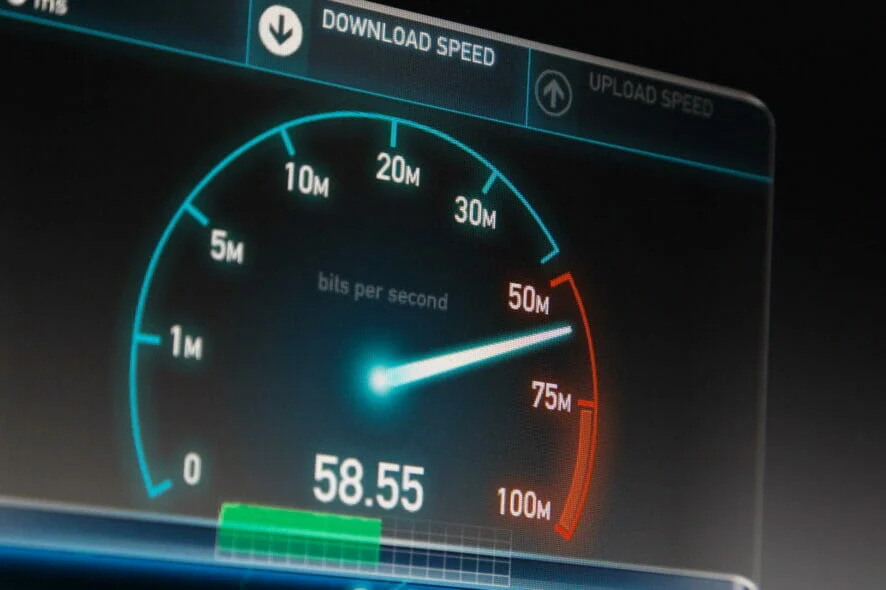
There are a lot of things that a VPN can do, but there’s certainly some mystery around whether or not can a VPN increase your Internet speed.
Let’s find out!

Access content across the globe at the highest speed rate.
70% of our readers choose Private Internet Access
70% of our readers choose ExpressVPN

Browse the web from multiple devices with industry-standard security protocols.

Faster dedicated servers for specific actions (currently at summer discounts)
Does using a VPN increase your internet speed?
This is one of the most popular rumors that you’ll hear online, among other VPN enthusiasts. People will urge you to invest in a trustworthy VPN because it can help you get a faster connection.
And they wouldn’t be wrong, either. However, it won’t magically turn a subpar 1 Mbps connection into a Gigabit Ethernet one. In order for a VPN to help you increase download/upload speed and quality, your connection must meet some requirements.
1. Is your ISP limiting your connection?
Artificially slowing down your connection is unfortunately a very common practice with many ISPs. In order to reduce costs, some ISPs rely on this dirty technique that selectively reduces your bandwidth depending on your activity.
So, for instance, if you’re playing games on your PC, streaming multimedia content, or torrenting large files, you might notice some speed reductions. That’s called throttling, and your ISP is the only one to blame for this.
Some providers would even go as far as limiting your whole bandwidth, regardless of what you do. So no matter that you’ve paid the full amount for a gigabit connection, you’re only getting a few MBps.
What’s more annoying is that most ISPs will try to blame it on other factors, such as peak hours, technical issues, infrastructure (which they’re also responsible for maintaining), and such.
Well, if all of this sounds a bit too familiar to you, we’ve got great news. A VPN can help your connection slip from your ISP’s throttling In other words, a VPN can make your connection faster in this situation.
2. Bad traffic routing
Alright, this is still your ISP’s fault, since you can’t really access the Internet without your ISP. Or can you? Anyhow, we’ve already established that infrastructure is one of your ISP’s responsibilities.
By infrastructure, we mean the large chunk of the network that’s between you and the destination host you’re trying to access.
Essentially, for a fast connection, the route between you and the website/server you’re trying to access should be a straight one.
In reality, things are totally different. Your connection bounces multiple times until it reaches its destination, which is great for maintenance and troubleshooting, but not so great for speed.
Proper connection management should at least provide customers with the least number of bounces and distance there can be before their traffic reaches its destination.
However, some ISPs make their customers’ traffic take unnecessarily long routes to the destination. As a result, the connection’s speed drops, latency increases, and you could even notice some packet loss, some jitter. The usual.
If you suspect that’s the case, a VPN might help you circumvent this poorly routed network by encrypting your traffic. It’s not guaranteed to work every time, but when and if it does, you will definitely notice some speed improvement.
How to increase Internet speed using a VPN
1. Connect to a nearby server
Technically, the farthest your destination website is, the more it will take you to reach it. The same goes for VPNs. If you connect to a server that’s on another continent, you may discover that your connection is even slower than it was before.
Try connecting to a VPN server that’s as close to you as possible. You’ll get far better results by speeding up your Internet connection if your ISP is throttling it.
2. Change your DNS
DNS is an integral part of how Internet communication works. Changing up your DNS can lead to web pages loading faster.
Some premium VPNs and other dedicated apps offer access to multiple DNS servers. They analyze your traffic and decide which DNS would be the most beneficial for your circumstances.
You can also switch your DNS server directly from your computer’s settings.
For instance, if you are a Windows PC user, you can change your DNS server from the settings menu:
- Click on the taskbar and select Settings.
- Select Network and Internet.
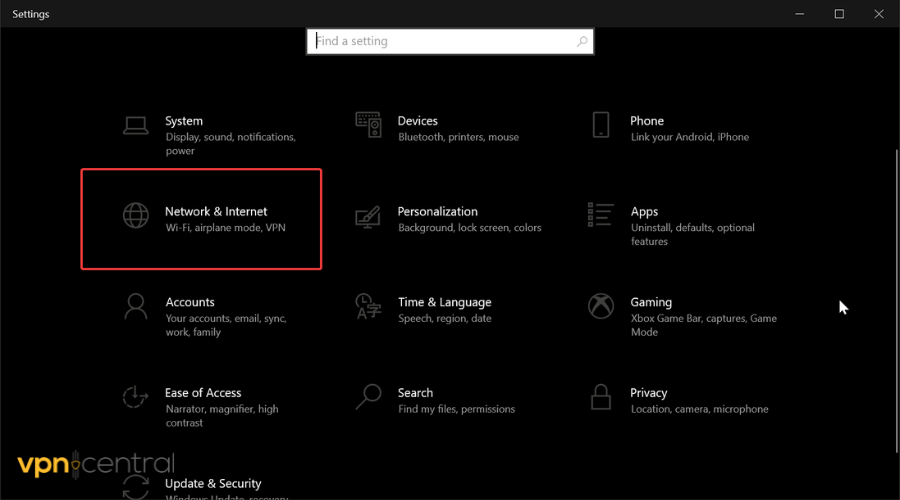
- Select Change Adapter Options.
- Right-click on the connection you currently use and select Properties.
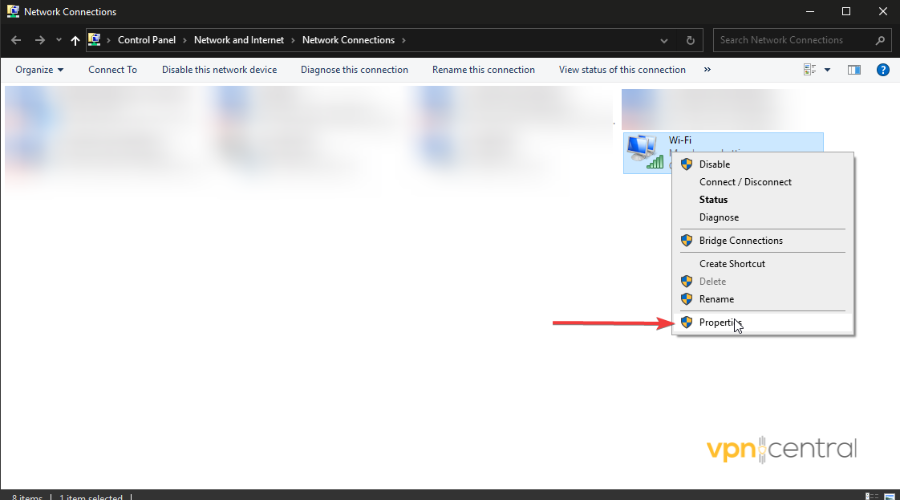
- Find the Internet Protocol Version 4(TCP/IPv4), select in, and then click on the Properties button.
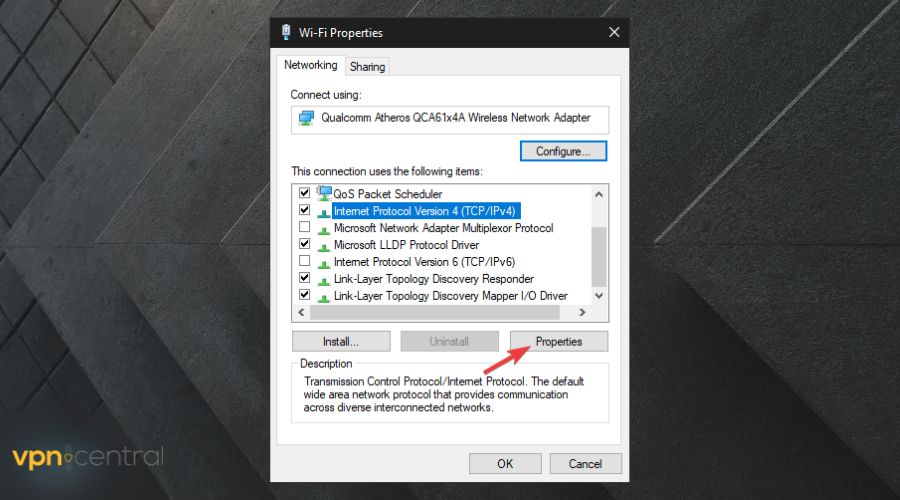
- Select the Use the following DNS server addresses option and enter a new DNS address in the fields.
- When you are finished, click ok.
Good options to find trusted DNS addresses are Google, Cloudflare, and Open DNS. You might notice significant improvement compared to your regular connection speed.
3. Try using wired connections
We’ve already agreed that VPN affects WiFi, especially when it comes to speed. WiFi is generally slower than Ethernet, so it makes sense that using a VPN can slow it even further.
Therefore, if you want to notice any real improvement in your connection’s speed, you should try switching to a wired connection beforehand.
Which VPNs increase Internet speed?
If you make a quick Google search you’ll get flooded with VPN options with flashy promotions and interesting propositions.
But which ones do actually deliver best? Considering the number of servers, porting options, bandwidth allowance, and additional speed-boosting features, we concluded that these are the best VPNs for speed:
1. Private Internet Access – best for the United States
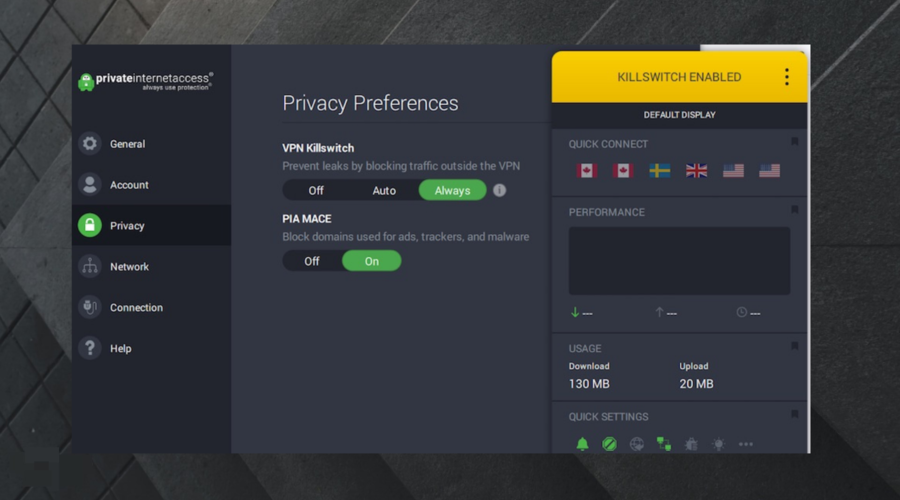
When it comes to generous server networks that let you use IP addresses all around the globe, it does not get much better than Private Internet Access.
With over 35 000 servers located in 84 different countries, Private Internet Access offers a connection speed of up to 10GB/s.
It uses military-grade encryption to mask your IP address. With this VPN you will be able to unblock geo-restrictions and enjoy the content all around the globe.
We must also mention that there’s no need to worry about the ISP limitations we mentioned earlier.
If you browse with PIA, your ISP won’t be able to detect how much data you use. The VPN itself gives you unlimited bandwidth.
You get to choose between two protocols: OpenVPN and WireGuard. Both of these scores are high in terms of speed, without compromising on security.
Other key features of Private Internet Access include:
- Available for a wide range of devices including PC, mobile, and routers
- Anti-throttling protection
- Split tunneling
- Zero logs policy

Private Internet Access
Stream your favorite shows, play online games, and download big chunks of data at peak VPN speed!2. NordVPN – best for streaming
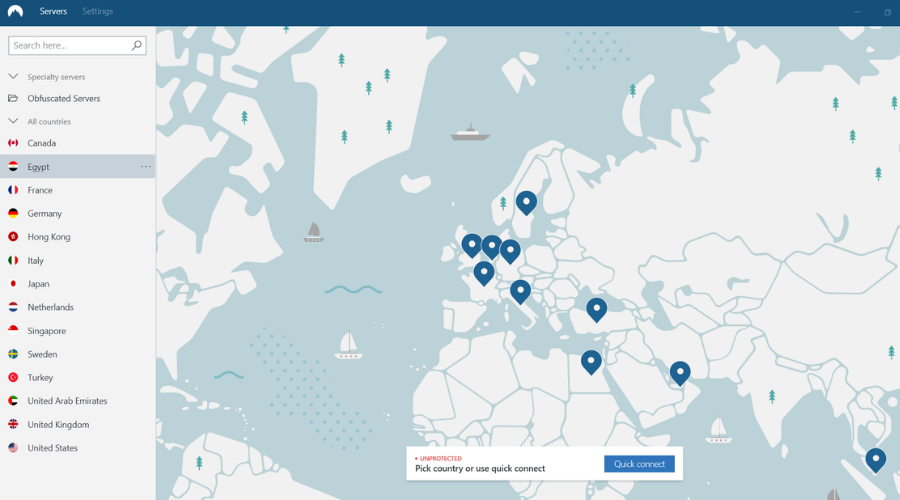
Being one of the bigger names in the game, NordVPN packs an interesting set of features meant to provide online anonymity and a fast connection.
NordVPN actually runs its own speed tests and publishes the results online for everyone to see. Their connection speed reaches 6,7 GB/s.
One of the main focuses of this VPN is streaming. And what are the most important factors to enable good streaming sessions? Speed and bypassing geo-blocking.
The NordVPN team handles both of these really well. You get unlimited bandwidth paired with 5 500 servers located all around the world.
Plus, in order to be able to stay undetected and bypass even the strictest restrictions that are put in place by services like Netflix or BBC iPlayer, they offer obfuscation and double VPN.
These features encrypt your traffic data even more so it’s not apparent that you use a VPN in the first place.
Other key features of NordVPN include:
- Servers located in 59 countries
- Multi-device support
- Threat protection feature to block malware and trackers
- Multi-factor authentication
- Split tunneling

NordVPN
Enjoy fast and seamless Internet by employing this industry-leading VPN built for performance.3. ExpressVPN – fastest protocols
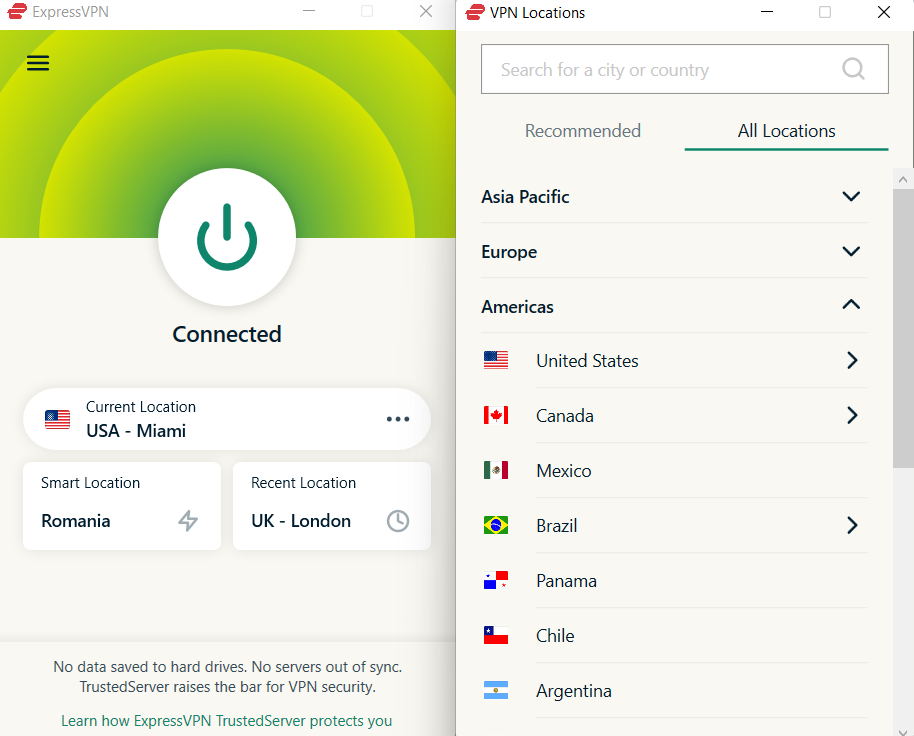
Express VPN has been individually audited for privacy as well as speed and scored really well.
In fact, it’s one of the fastest VPNs on the market. In fact, ExpressVPN combines multiple features that result in fast and secure connections.
They give access to all the standard VPN protocols as well as their own – Lightway. It’s a modern VPN protocol that’s proven to enable a faster connection.
You get paired with the VPN server as soon as you click connect.
The ExpressVPN applications are able to identify the best server for your location, but they also give you the possibility to manually pick your favorite.
Needless to say, this VPN offers AES-256 military-grade encryption, paired with unlimited bandwidth, so you don’t have to worry about being throttled by your ISP.
Other key features of ExpressVPN include:
- Split tunneling
- Private DNS on every server
- Cross-platform applications
- 24/7 customer support
- Free trial (for mobile)

ExpressVPN
Speed up your connection and keep your private data protected!Does a static IP increase the speed of a VPN?
Not necessarily. A static IP address gives you a little more control over your network, but it doesn’t guarantee better speed.
That being said, users around the web do recommend it for improving ping and lag in games. But there’s more than just your static IP at play here.
Most ISPs offer static IPs in their more expensive plans, and these may include additional benefits like better bandwidth and overall speed, but it’s not a given.
Many VPNs give access to both static and dynamic IP addresses, so you can switch them around and see which one works best for you.
Why does my upload speed increase when using a VPN?
Using a VPN can improve upload speed on throttled networks. Your VPN will stop your ISP from artificially restricting bandwidth.
This will result in a faster overall connection, including better upload speed.
Another thing that can impact upload speed is connecting to a VPN server that is closer to the location of the server you want to upload to.
Sometimes, a VPN can increase your Internet speed
To wrap it up, it turns out that a VPN can have a positive impact on your connection’s speed. In other words, a VPN can make your connection faster, but it won’t work every time.
For instance, a VPN won’t magically upgrade your connection from 100 MBps to a whooping 1 GBps. However, it could help you circumvent any ISP restrictions or limitations such as bandwidth throttling, bad peering, or improper routing.
Read our disclosure page to find out how can you help VPNCentral sustain the editorial team Read more


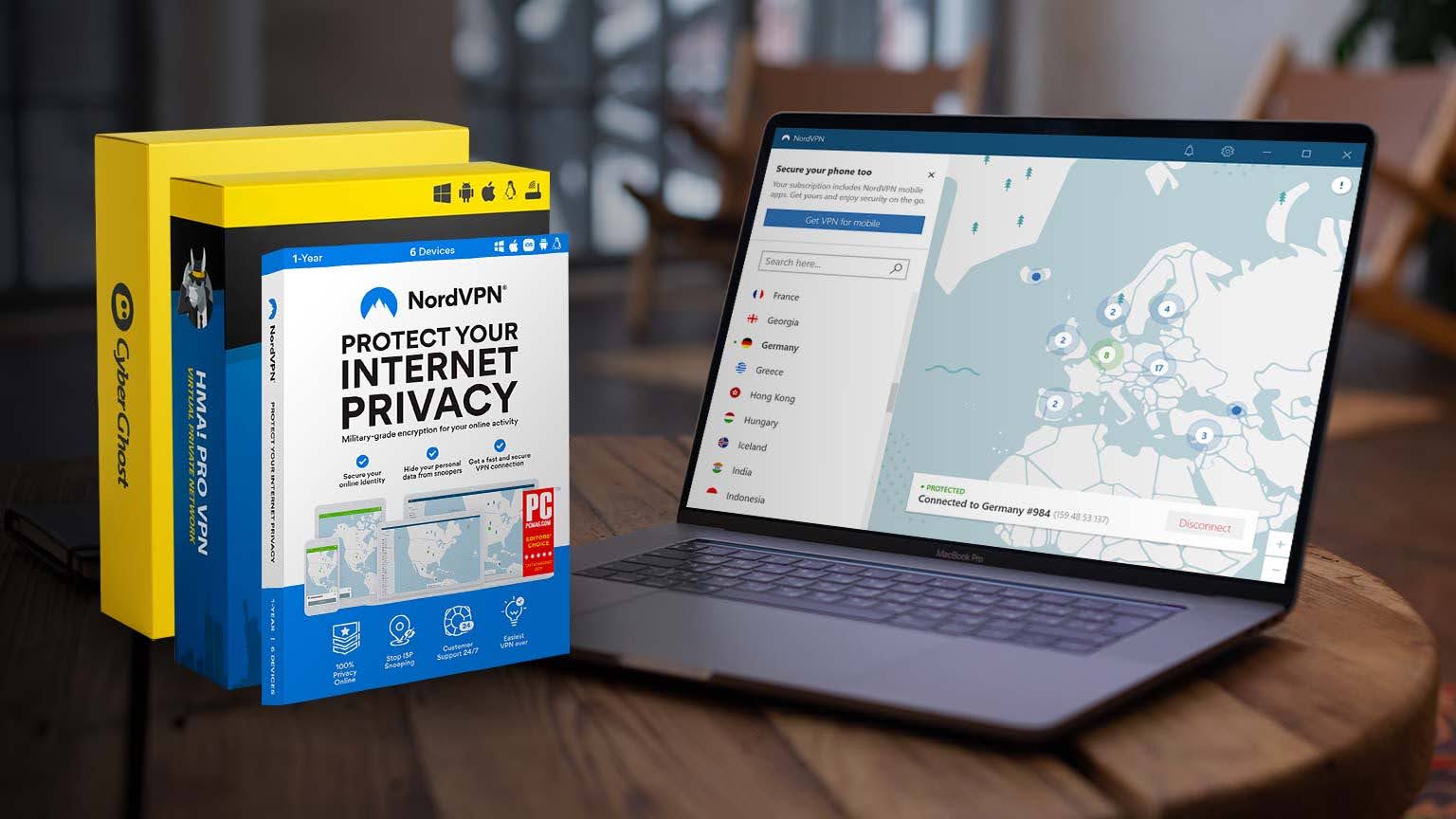
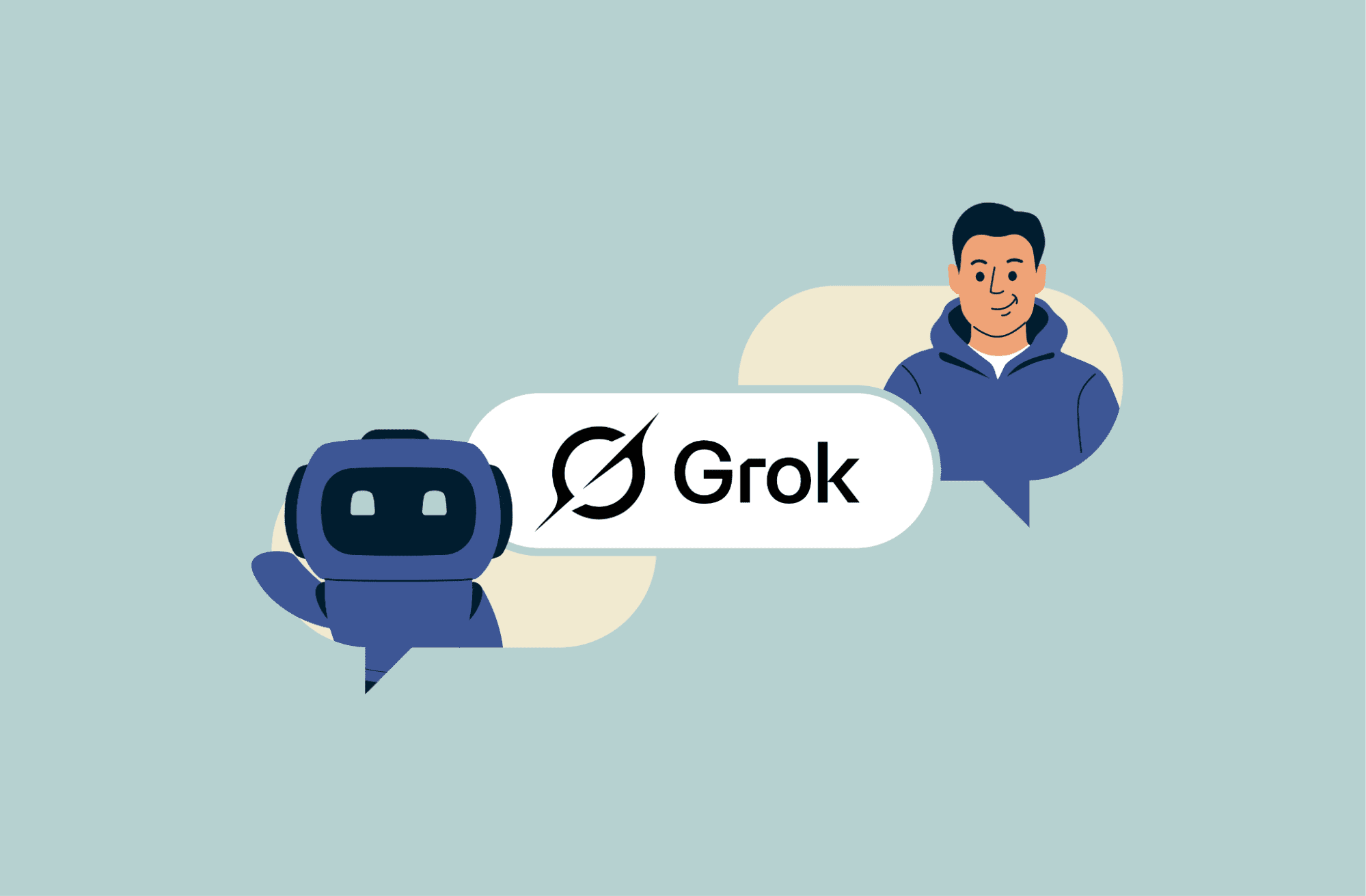
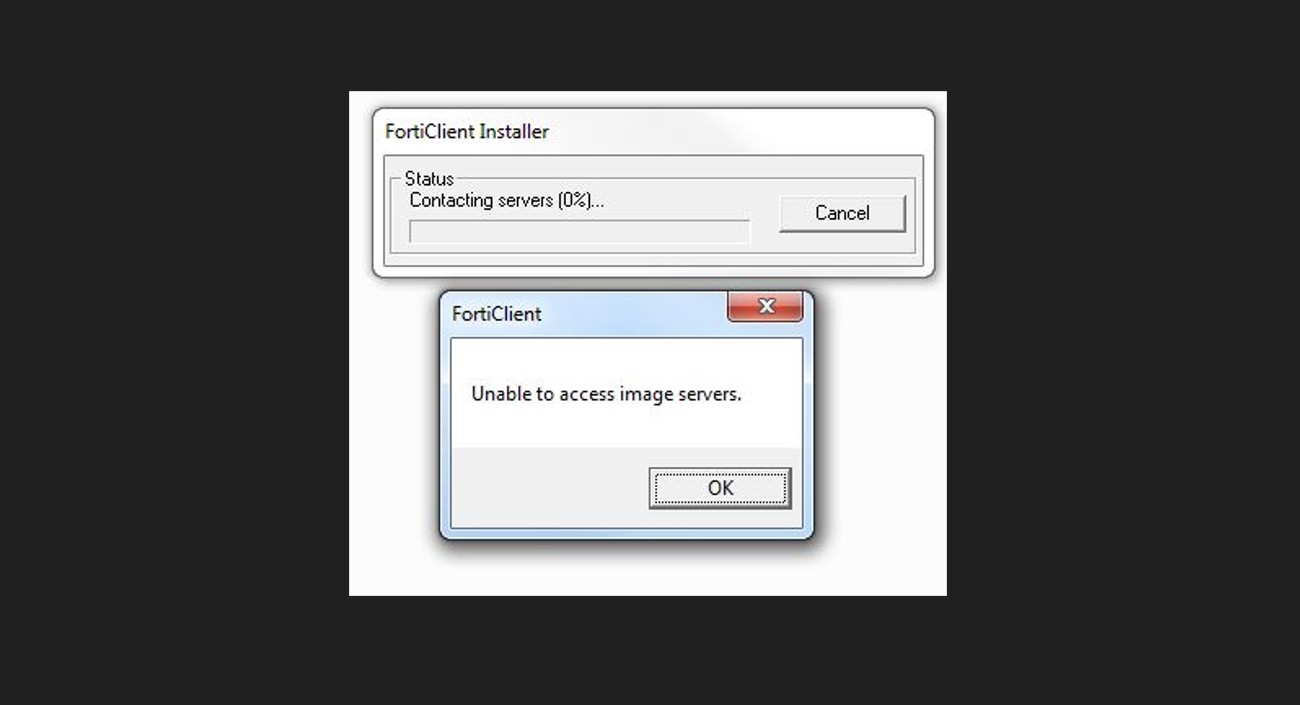
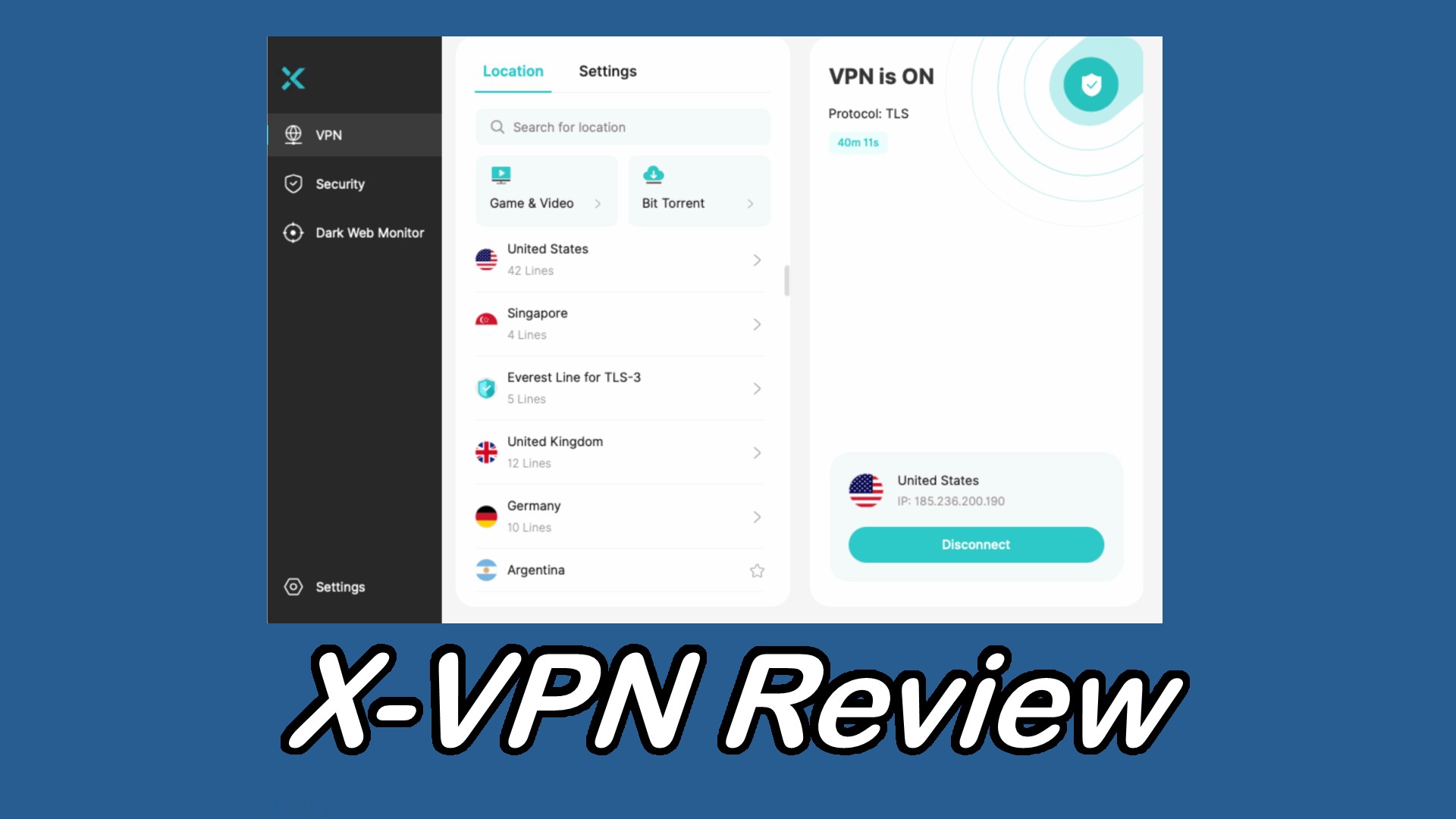
User forum
0 messages